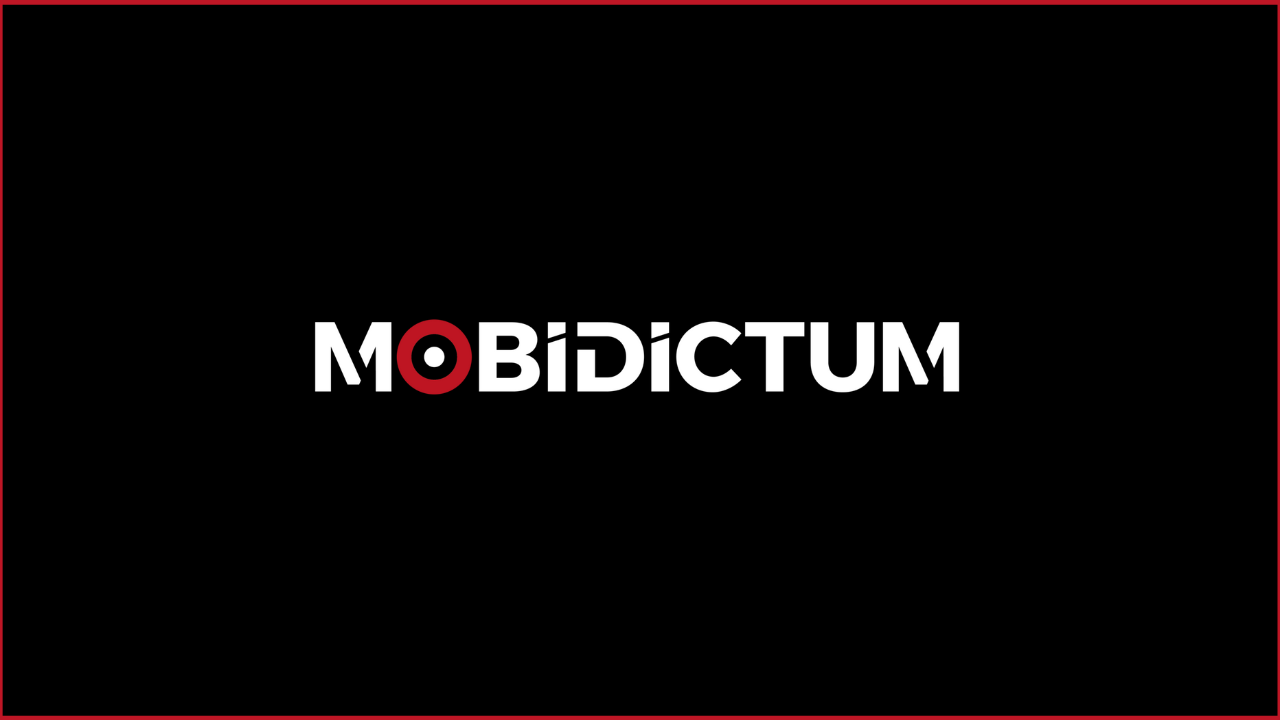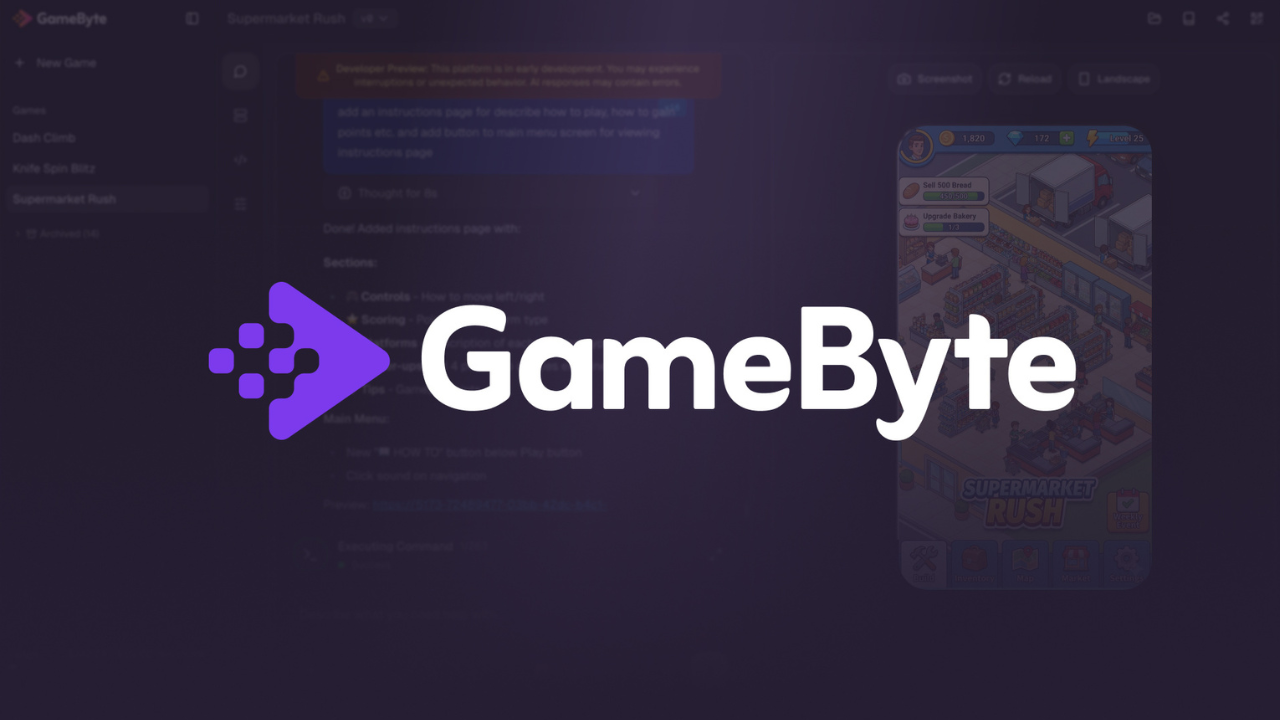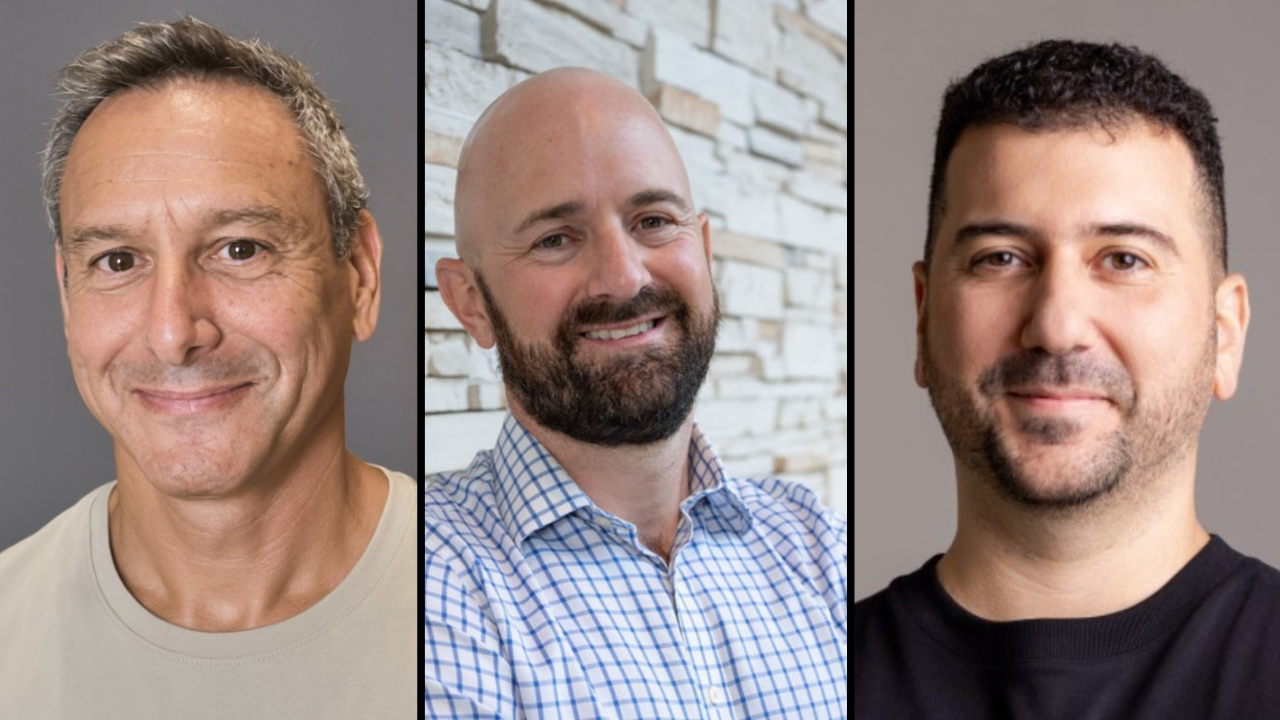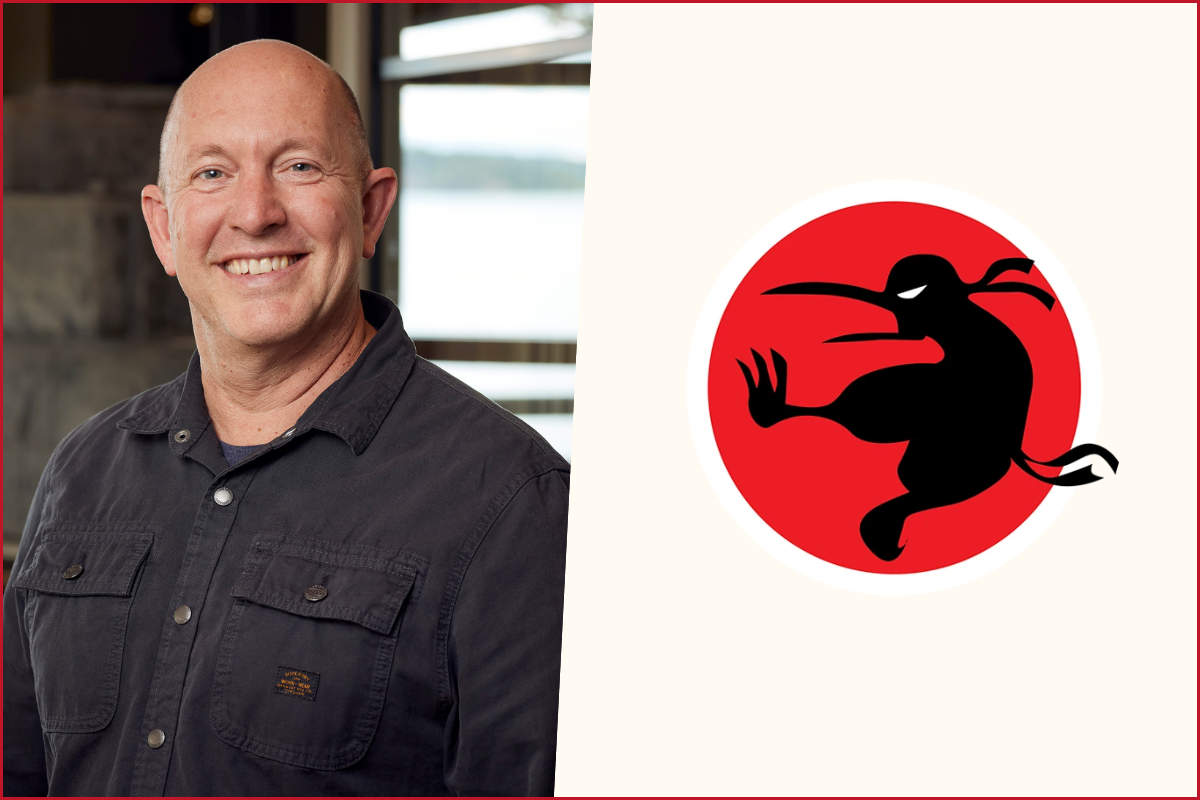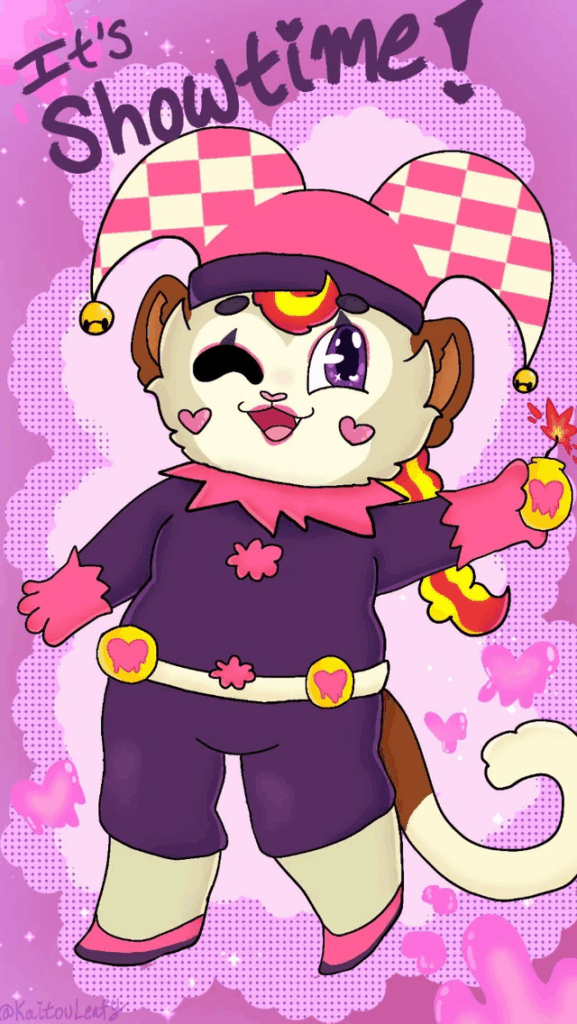From its early Flash origins to becoming a globally recognized AA developer, Ninja Kiwi has grown without losing its small-team spirit or collaborative culture.
We spoke with CEO Scott Walker about the studio’s 20-year journey, the evolution of New Zealand’s game development scene, and how Ninja Kiwi continues to build lasting games, teams, and communities.
As Ninja Kiwi approaches its 20th anniversary, how does the studio’s identity today compare with when you first started?
We try to hold onto the wild west, anything’s possible, no way but up feeling from the early flash days as much as possible.
We stay intentionally small (trying not to push past our 50ish team sizes in both our Auckland and Dundee locations) and we position ourselves as AA, so we can preserve that super-connected team dynamic and our indie roots.

You’ve witnessed New Zealand’s game development scene evolve over the years. How would you describe the current state of the industry? What do you see as its strongest points, and which areas still need improvement?
19 of the Auckland team just returned from the NZGDC in Wellington, and we just had our retrospective with the whole studio. With the addition of NZ government support through the GDSR program for existing developers and CODE support for new and growing studios, the chances of building a great team and launching a great game from New Zealand are better than they ever have been.
Ninja Kiwi is proud to share top chart positions with other amazing NZ developers: Grinding Gear Games (Path of Exile), PikPok (Rival Stars Horse Racing), Runaway (Flutter), Dinosaur Polo Club (Mini Metro), and Black Salt Games (Dredge), amongst others.
A small, experienced, super-collaborative industry is a key strength, and more assistance for fledgling game companies is a challenge that the recent government support is helping address.
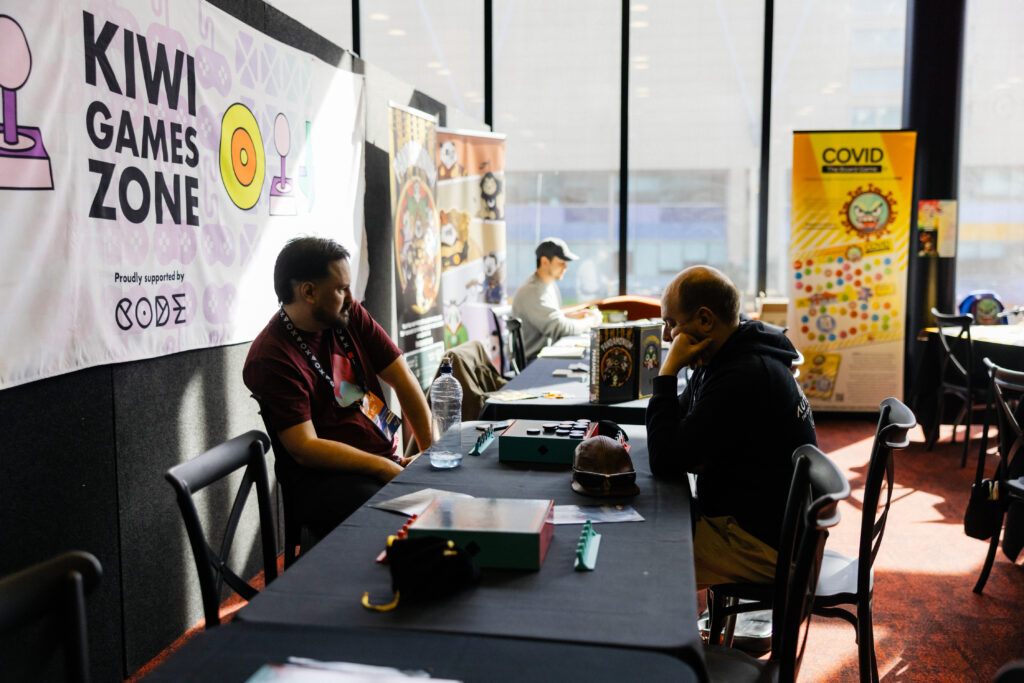
Image Credit: NZGDC
Bloons TD has become a global phenomenon. Did you ever imagine it would reach this scale, and what has been the key to its lasting appeal?
I’ll speak partly on behalf of Ninja Kiwi Co-Founders and Board Members Chris Harris and Stephen Harris, but no, it’s not possible to imagine a monkey-popping-bloon game (this “balloon” thing is not a speakable word to us) to have had this lasting and growing impact on the industry.
The success is incredibly humbling and also a responsibility we take very seriously for our team, our players, and our community.
We’d like to think the appeal is that combination of a game that we truly wanted to make, with core elements of tower defense and strategy gaming that we love so much, then presented within a funny, family friendly monkey world with characters who have developed over time, and enhanced by flexible, sandbox style game systems that allow us to keep adding new game elements of our own as well as player created content.

Looking back at the early years, what were the hardest lessons you learned, mistakes, or blind spots that still influence your decisions today?
Our most consistent lesson is that not everything we try works. We love coming up with new ideas, sometimes inside the Bloons IP and often outside that.
When we find games that connect with players, like Bloons TD or Zombie Assault, we look to make updates that excite players, and when you find updates that work, you tend to repeat them.
The key lesson for us has been when we’re doing the same game element, like a new monkey or a new zombie, that we make sure it offers a new vector for the game design – orthogonal if possible but at least combinetric.

Ninja Kiwi has built a reputation for retaining talent in an industry known for high turnover. How have you created a culture that encourages people to stay and grow with the studio?
We are super proud of this, and we’re very intentional about it.
We keep our team size small, hire only when absolutely necessary, and have strong technical and creative tests before a group of us meet and get to know candidates.
From a team perspective, we have flat structures and distribute creative and leadership responsibility broadly.
Mainly, we try to push ourselves creatively and technically, constantly call for fresh ideas from anywhere on the team, and we keep making new games so we stay hungry and current.
When considering new projects, how do you balance proven successes, such as Bloons sequels, with riskier ventures that take the studio in new directions?
Bloons sequels or new genres aren’t a slam dunk, so any new game holds risk.
We don’t start with market research – we start with something that we both want to make and play, something that fundamentally surprises what gamers are already playing and ideally could be the start of a new subgenre.
We’re clear to the whole team that we want to keep building the Bloons IP through evolving game mechanics and characters, but we’re also committed to developing other IPs like Zombie Assault and new IPs like Fightland, so that we keep our designs, tech, and art styles fresh, which serves player enjoyment and our own sanity.
We’re not kitchen sink, though – we specialize in strategy, RPG-style deep progression, and super dense simulations with lots of things on screen.
Community has always been at the heart of Ninja Kiwi. How has your approach evolved, and what strategies beyond simply listening to your community help you manage expectations across different types of projects?
Community has been at the heart of Ninja Kiwi since the Flash days. We gave players level creators for the physics puzzle game, ran community map competitions for Bloons TD, and included a massive in-engine map editor in Bloons TD 6 that works on phone screens.
We continue to lean into player-created content and have a huge game mod system in the works for Bloons TD 6.
We’ve worked hard to bring forum, Discord, and Reddit audiences and moderators into our process, sharing as much detail as possible about our plans, and being open to feedback on all topics, including content creation contests where the community votes for the winners.
We’ve always been thrilled by the support that we’ve received from content creators, especially those who dedicate so many (or all!) of their videos and streams to Ninja Kiwi games, and over the last few years, we’ve worked together with content creators explicitly – coordinating planning, previewing features, and sharing revenue through creator codes.
Turning to your newest project, Fightland, how did the idea first come about? What are your expectations for it, and how do you plan to build a sustainable ecosystem around it in terms of content, events, and monetization?
Similar to Bloons TD origins, Fightland hopes to distill those awesome, surprising team gameplay moments from action strategy games like MOBAs and Battle Royale-style games into a funny, family-friendly world.
We started off in our comfort zone of medieval-style play, but with 4 competing factions of up to 25 players in all game modes, the traditional knights and wizards weren’t keeping up with the hilarious, swarm-like emergent gameplay.
Inspired by a comparison to 6-year-olds playing soccer, we embraced the chaos, expanded the look and play styles of our characters to allow for different time periods and weapon abilities, and altered the design toward squad and team combinetric abilities that both keep the scrums fun and also allow skilled players to stand out.
Our hopes are to create a new subgenre – the massive team battle arena. Our expectations are to take a lot of punches from players who want it to be like other games out there.
We’ll do our best to stick to our inspiration while we work with player communities who want the game to succeed. We will put substantial marketing behind the game to help reach new players, and we aren’t trying to overmonetize it at launch.
The game is free to play, and the monetization model is fairly old school, with all items being in-game grindable and IAPs built around fast unlocks.
True to Ninja Kiwi’s approach to updates, we plan to keep expanding the game with regular gameplay updates that keep balance, mechanics, and visuals fresh.
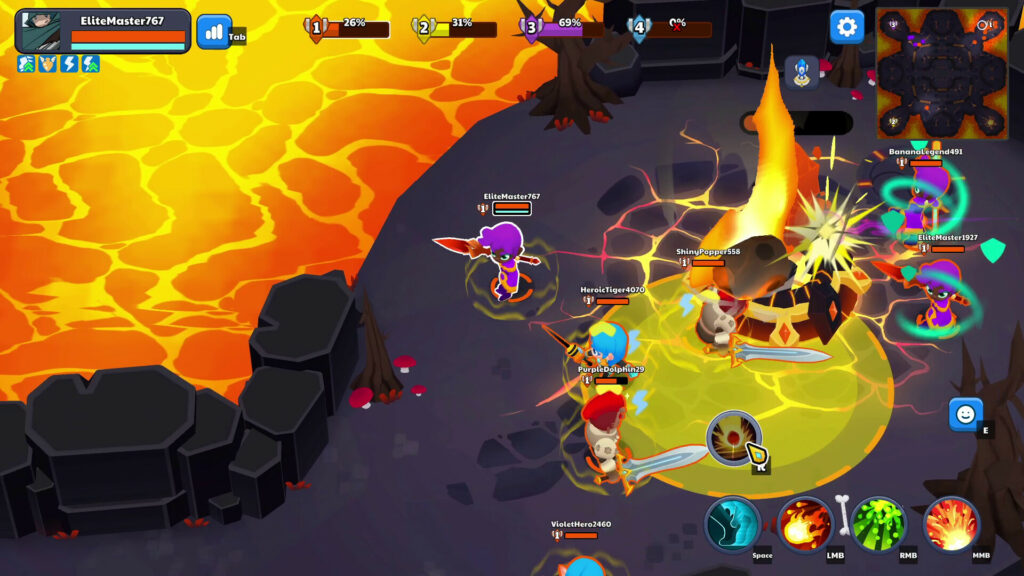
Looking ahead, what are your short and long-term goals for Ninja Kiwi, and after nearly two decades, what still excites you most about building games?
In the short term, we have 3 new games to launch in the next 9 months, huge updates to Bloons TD 6, and 2 additional games to help launch from fellow New Zealand developers.
Long term, we want to continue to build surprising updates and new games that focus on strategy, deep progression systems, and community-engaging multiplayer through collaboration, competition, and player-created content.
Working together with player communities and content creators on handcrafted content that keeps us all riffing on the next best feature is the absolute best thing about the future of games.
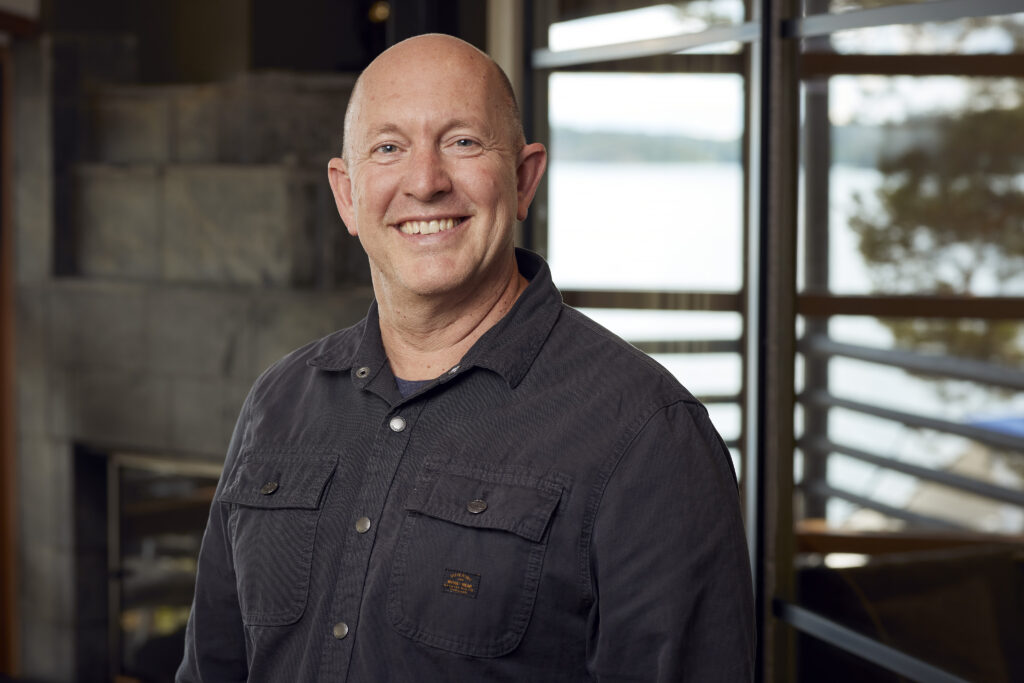
CEO at Ninja Kiwi

